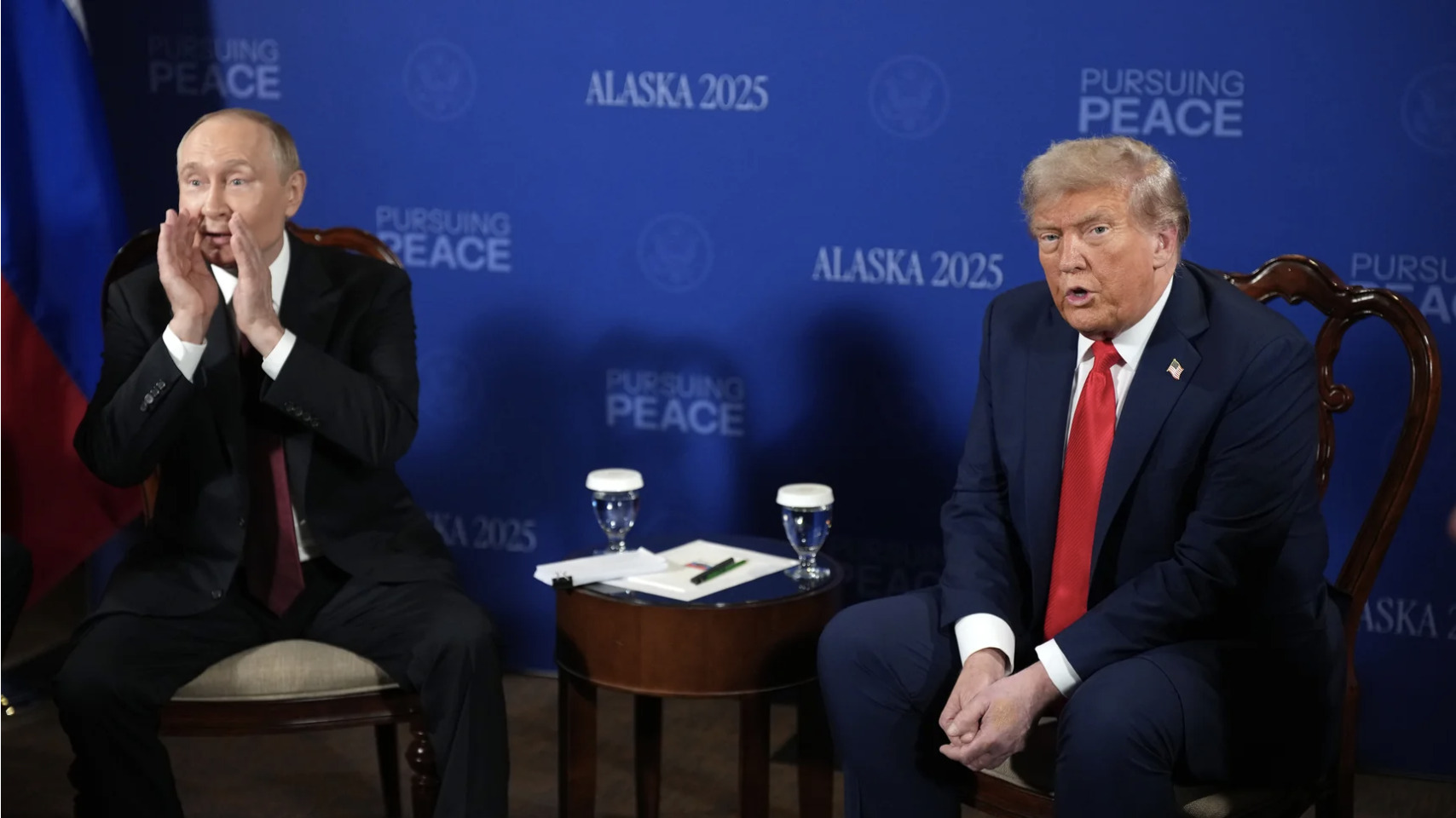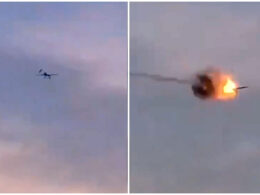The Kremlin has learned that playing US President Donald Trump works better than real steps toward peace in Ukraine. suggests that in just nine months of Trump’s second term, Moscow has realized that the promise of personal engagement and the hint of a short-term victory can be just as effective as any painful compromise.
According to the report, this explains Trump's phone conversation with Russian President Vladimir Putin on the eve of the US president’s meeting with Volodymyr Zelenskyy.
Tomahawks and Trump’s unexpected turn
Sources say the Kremlin re-engaged in dialogue because on 17 October, Ukrainian officials were in Washington negotiating for Tomahawk missiles.
Trump, who had not yet made a final decision, abruptly changed tone after speaking with Putin, saying the missiles were needed by the US itself.
No signs of compromise from Moscow
Despite agreeing to meet in Budapest, Moscow shows no willingness to compromise.
Even amid mounting battlefield losses and Ukrainian drone strikes on Russia’s energy infrastructure, the Kremlin continues to reject any peace deal until its strategic goals are achieved.
From Alaska to Budapest
The journalist recalls that several months earlier, Trump hosted Putin in Alaska for what was billed as a major diplomatic breakthrough.
That summit, however, produced no tangible progress, and the upcoming Budapest meeting risks becoming another failed attempt at peace through personal rapport.
Trump's bet on his diplomatic image
Trump, emboldened by his role in mediating the Israel–Hamas truce and helping to secure the release of Israeli hostages, may now hope to replicate that success with Ukraine.
Though how exactly that could happen remains unclear.
Moscow’s demands remain unchanged
Russia still insists on:
- Control over large parts of the occupied Ukrainian territories, which are still under Kyiv’s defense
- Severe military and foreign policy restrictions on postwar Ukraine.
These demands will transform Ukraine into a puppet state of Russia.
Nothing in the latest Trump–Putin conversation suggests that these demands have softened.



